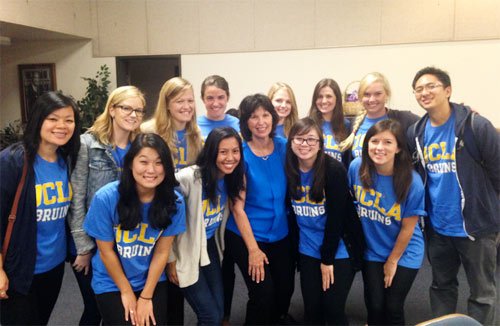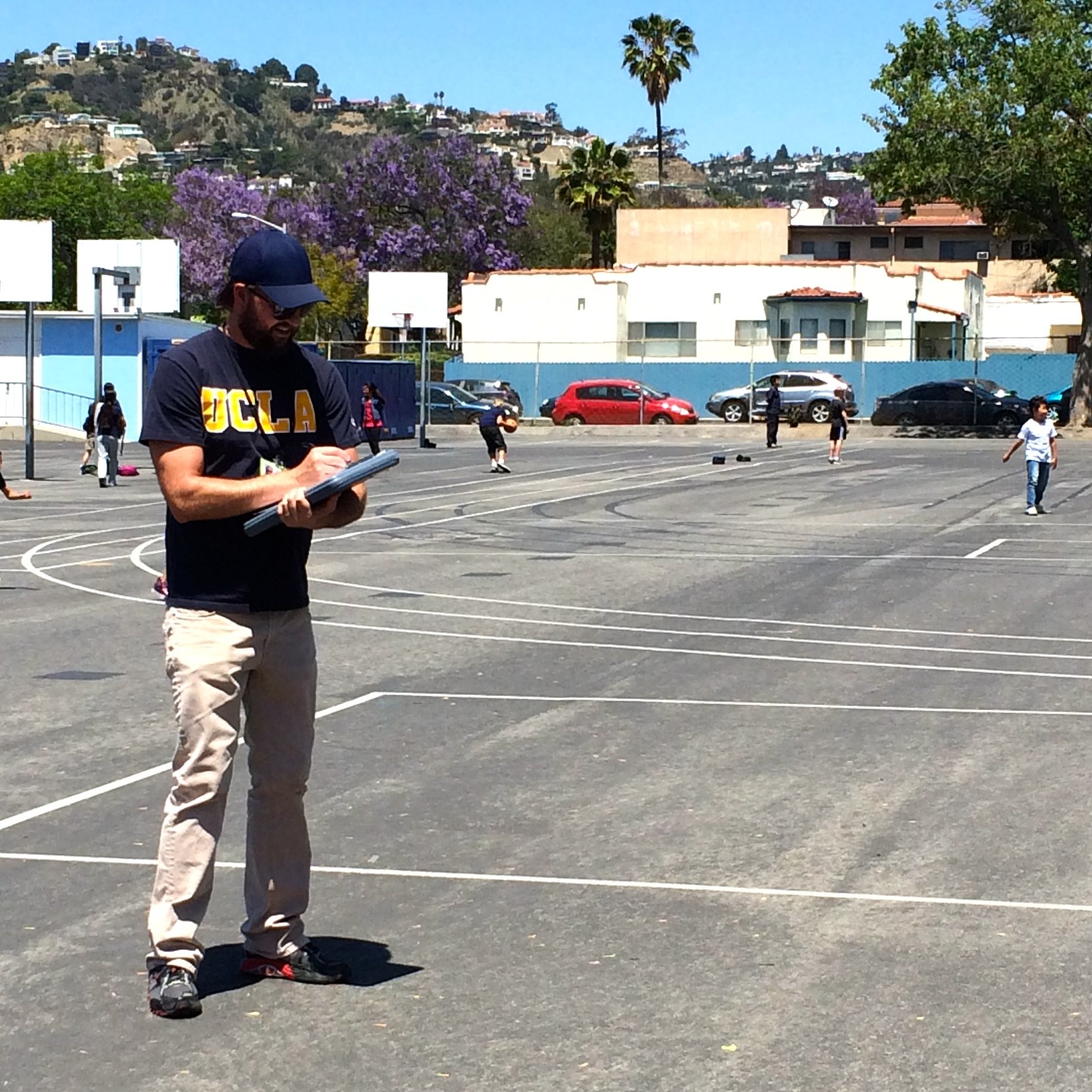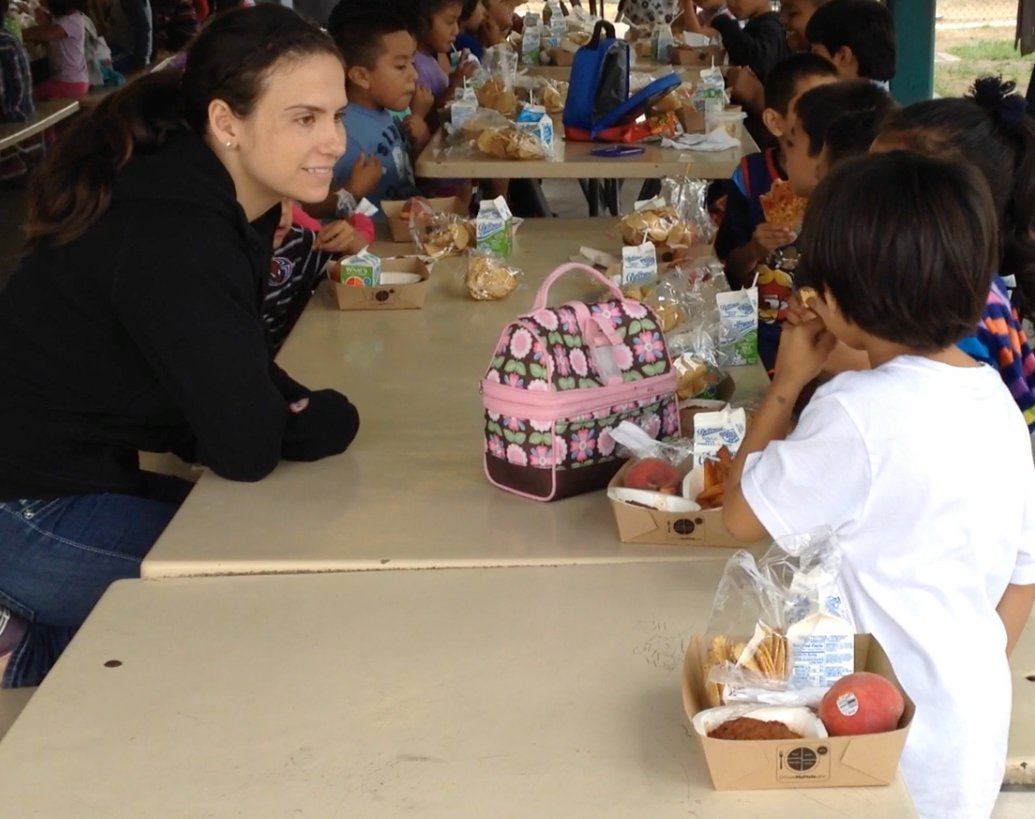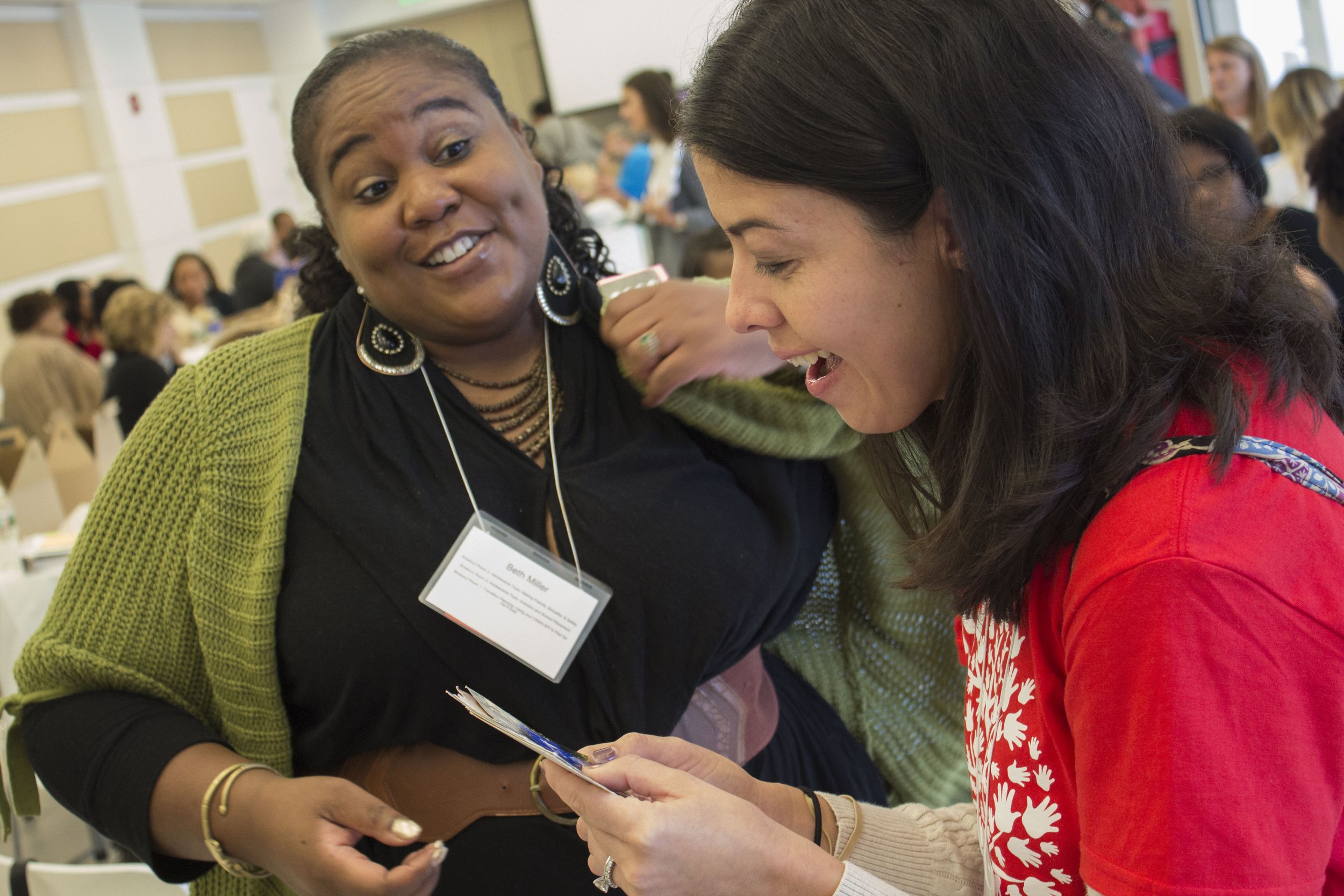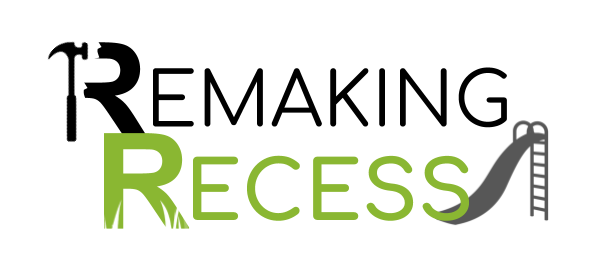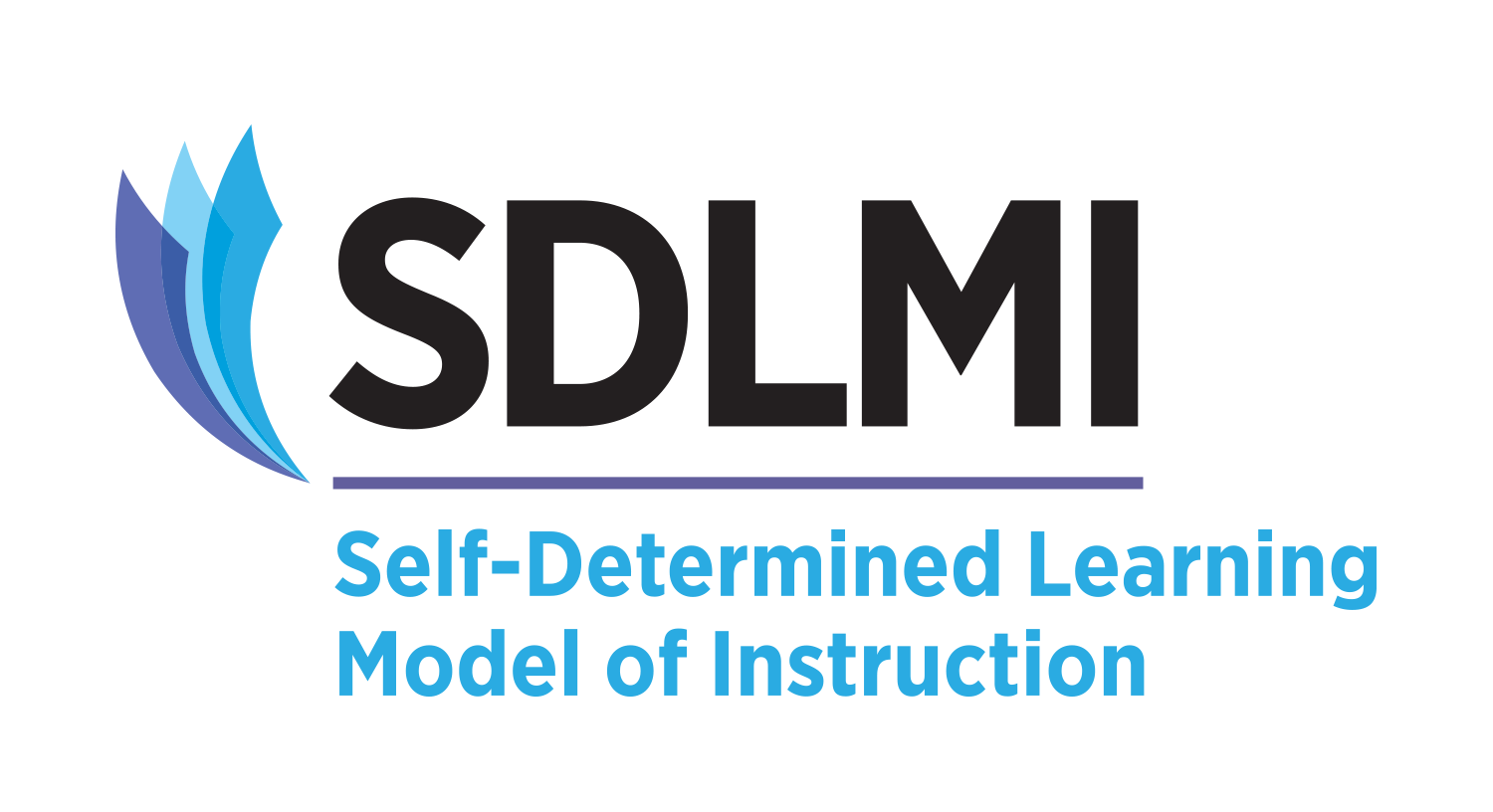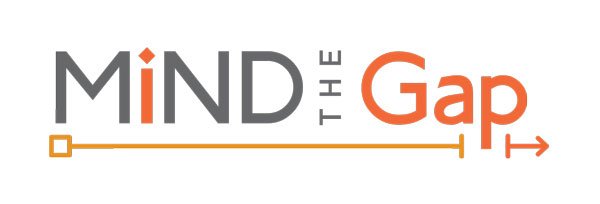Research Overview
Our research has been done as a series of projects, each bringing together several sites around a particular theme, subject or topic. All share our overall mission to bring information and evidence-based tools to communities so they can improve the lives of people with autism. Our research takes place in schools and community settings This allows us to test the effectiveness of tools and interventions in realistic settings. And also allows us to get feedback from the community and help communities directly.
AIR-B I (2008-2011): Parent Mediated Studies, Social Skills in Schools (SKILLS and ENGAGE), and Web-based studies
AIR-B II (2011-2013): Community Outreach, School Data Archiving, Tools for Teachers (STAT) and Remaking Recess
AIR-B III (2014-2018): Community Partnered Participatory Research, Mind the Gap, Building Better Bridges, Social Networks
AIR-B IV (2020-2025): UNITED, Mind the Gap, Remaking Recess, Self-Determination Learning Model of Instruction (SDLMI)
The History of AIR-B Network Research Activities.
AIR-B I
(2008–2011)
This was the first research done by AIR-B. In the fall of 2008, we began with four randomized clinical trials to learn about the social issues children with autism face. Especially the barriers faced by children with autism in underserved communities.
AIR-B I was our first attempt to reach out to communities. And it was our first success at testing autism interventions in real-world settings. AIR-B I was split into four studies to provide insight into a wide range of topics.
University of California, Los Angeles - Center for Autism Research and Treatment
Florida State University
Kennedy Krieger Institute
New York-Presbyterian Center for Autism and the Development Brain
University of Washington
AIR-B II
(2011–2013)
The second research plan by AIR-B began in 2011. AIR-B II aimed to better understand how schools assist students with autism. It also expanded to include two additional sites: University of Rochester and University of Pennsylvania.
Over three-years, AIR-B studied the implementation of proven tools. The first year focused on building community relationships. Then AIR-B II put two new tools to the test in real schools with real students.
University of California, Los Angeles - Center for Autism Research and Treatment
University of Rochester Medical Center
University of Pennsylvania -Center of Mental Health Policy and Services Research
AIR-B III
(2014–2018)
Our most recently completed research is AIR-B III which started in 2014. AIR-B included the University of California Davis in this study. AIR-B III was built around a five-year study to learn about what it takes for communities to access services.
We partnered closely with the community to gain important feedback on our proposed study before starting. We included our partners through the whole research process. And we referred back to community groups as research continued. This system is called Community-Partnered Participatory Research. CPPR was developed by one of our community partners, Healthy African American Families.
University of California, Los Angeles - Center for Autism Research and Treatment
University of Rochester Medical Center
University of Pennsylvania -Center of Mental Health Policy and Services Research
University of California, Davis - Medical Investigation of Neurodevelopmental Disorder Institute
AIR-B IV
(2019–2025)
Air-B IV is the current and ongoing research being done by AIR-B. Starting in 2019, AIR-B expanded to include two new sites: the University of Kansas and the University of Washington. This newest research focuses on a big issue – how do we sustain interventions in a community once research has completed? AIR-B and community partners worked together to develop a strategy called UNITED. This strategy became the focus of AIR-B IV. UNITED involves a plan for team building, goal setting, and social networking.
University of California, Los Angeles - Center for Autism Research and Treatment
University of Rochester Medical Center
University of Pennsylvania -Center of Mental Health Policy and Services Research
University of California, Davis - Medical Investigation of Neurodevelopmental Disorder Institute
University of Washington - School Mental Health Assessment, Research, & Training Center
University of Kansas - Kansas University Center on Developmental Disabilities


